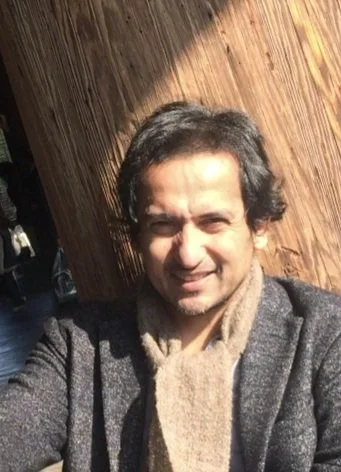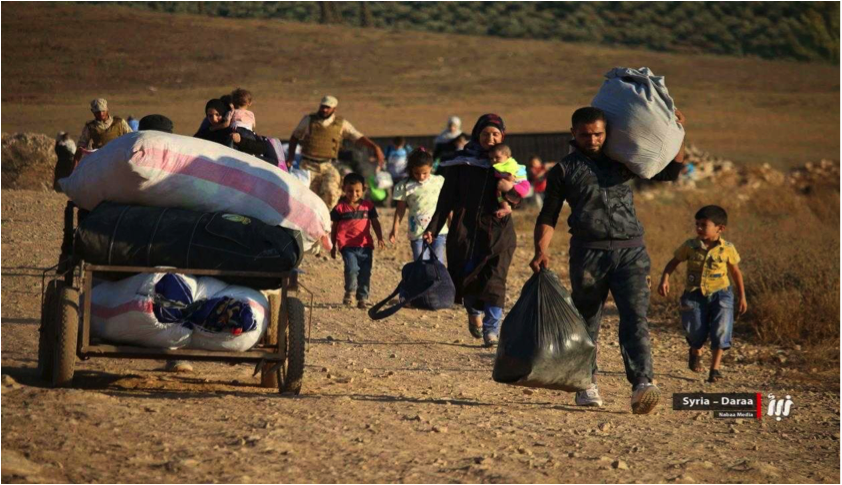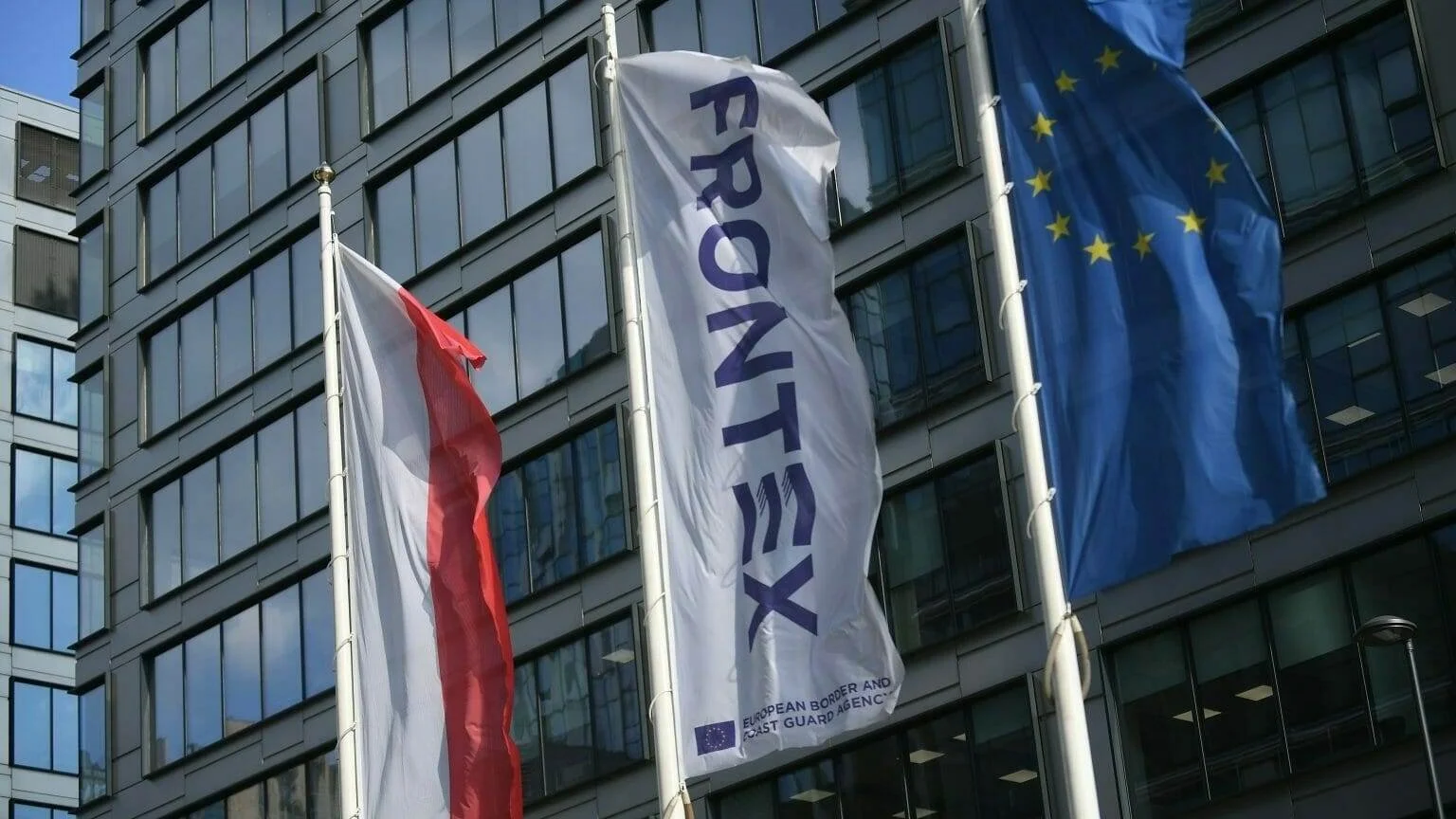Founded in 2021, BILIM Organization for Research and Social Studies is an independent non-government and non-profit Organization. BILIM organization provides research and training services in social science with a specific focus on education, migration, culture, public administration, and governance in Afghanistan.
To advance knowledge, awareness, and perception of public, organizations and government agencies of real-world challenges. We envision to be an effective liaison between the public and policymaking bodies by generating accurate evidence based scientific data on the thematic area of social science.
Our mission is to promote and advance quality research and data-driven knowledge in education, migration, culture, public administration, and governance. We conduct rigorous research and generate scientific knowledge for inclusive and operational decision making.
Hideyat Siddiqi
Dr Hideyat Siddiqi is a Director at the Bilim Organization for Research and Social Studies, a non-profit organization based in Kabul, Afghanistan. His research focuses on Migration studies, particularly forced displacements in South Asia and the Middle East. Previously, he worked at Afghanistan Civil Service Institute as a Director of the Department of Research and Training Need Assessment. Dr Siddiqi has also worked as a Principal Investigator in a number of development and humanitarian projects funded by different UN agencies including UNICEF, WFP, and the World Bank in Afghanistan and Turkey. Dr Siddiqi completed his PhD at Hiroshima University. He received his first master’s degree in Development Science from Hiroshima University and a second master’s in international security from the University of Leicester, United Kingdom.
Shapoor Hamid
Mr. Shapoor Hamid is the Founding Partner of BRC. Mr. Hamid’s area of interest lies at the intersection of migration, development, and data science. He has extensive experience in conducting empirical research in migration, education, agriculture, health and peace-building in Afghanistan. Previously, he worked as a Project Lead and Lead Researcher at QARA Group LLC. in Kabul, Afghanistan. Over the past 8 years, Mr. Hamid has worked on various managerial and lead researcher positions in UNICEF, WFP, the World Bank, and national organization-funded projects.







Morocco occupies a strategic position south of the Strait of Gibraltar, at the crossroads of migratory routes between sub-Saharan Africa and Europe. This geographical location confers upon Morocco both a pivotal role in migration flows and significant political leverage in its negotiations with the EU. Consequently, Rabat claims a differentiated treatment compared with other African states. Since 2000, the European Union (EU) has aimed to establish a readmission agreement with Morocco[1]. Such an agreement would facilitate the return of both Moroccan nationals and third-country nationals (TCNs) transiting through Moroccan territory who are deemed undesirable within the EU. After more than twenty years of negotiations, no agreement…